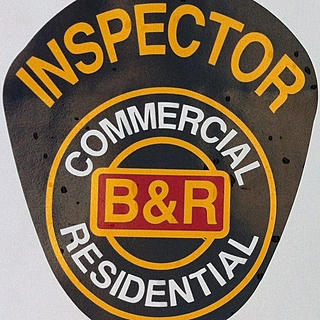What is a CMA?
- Billy Jack Barrow
- Jul 27, 2025
- 2 min read
What Is a CMA in Real Estate and How Can a Real Estate Agent Help Sellers With It?
When it comes to selling a home, one of the most important steps in the process is determining the right price. Price too high, and the property may sit on the market. Price too low, and the seller risks leaving money on the table. That’s where a Comparative Market Analysis (CMA) comes into play — a powerful tool used by real estate professionals to help sellers make informed pricing decisions.
What Is a Comparative Market Analysis (CMA)?
A Comparative Market Analysis (CMA) is a detailed report prepared by a real estate agent that evaluates the current market value of a home. It does this by comparing the property to similar homes in the area that have recently sold, are currently on the market, or were listed but didn’t sell.
The analysis looks at homes with comparable features — such as square footage, number of bedrooms and bathrooms, age, location, and overall condition — to give the seller a realistic estimate of what buyers may be willing to pay.
Key Components of a CMA:
Recently Sold Properties: These show what buyers have actually paid for homes like yours in the area.
Active Listings: These reveal your current competition.
Pending Sales: These provide insight into pricing trends.
Expired or Withdrawn Listings: These help identify pricing pitfalls — homes that didn’t sell are often overpriced or poorly marketed.
How a Real Estate Agent Uses a CMA to Help Sellers
A professional real estate agent plays a crucial role in creating and interpreting a CMA. Here’s how they help:
1. Accurate Pricing Strategy
An agent uses the CMA to recommend a competitive listing price based on real-time market data. They’ll factor in nuances that automated tools (like online home value estimators) might miss — such as upgrades, curb appeal, or unique features that affect value.
2. Local Market Expertise
Agents have in-depth knowledge of local market trends. They know which neighborhoods are heating up, which ones are cooling down, and how local inventory levels affect pricing. This insight allows them to tailor the CMA specifically to your market.
3. Maximizing Seller Profit
By pricing the home appropriately from the start, a well-prepared CMA helps sellers attract serious buyers quickly, often leading to stronger offers and a faster sale.
4. Building Buyer Confidence
Buyers are more likely to make offers on homes that are priced in line with market value. An agent can use the CMA to justify the listing price during negotiations, making it easier to defend against low-ball offers.
5. Adjusting the Strategy
If the home isn’t getting offers, an agent can update the CMA to reassess the market and recommend any necessary adjustments to the price or marketing approach.
Final Thoughts
A Comparative Market Analysis is more than just a pricing tool — it’s a roadmap to a successful sale. Partnering with a knowledgeable real estate agent ensures that this critical step is done right. With the help of a CMA, sellers can go to market with confidence, knowing their home is priced to sell — and to sell smart.








Comments